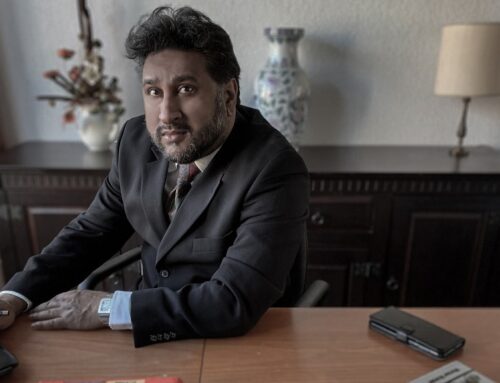
As the largest national waste management association of the Netherlands covering 90% of all households, the Royal Dutch NVRD unites municipalities responsible for waste management and management of the public space, the municipal waste management companies in the Netherlands, and suppliers and advisors in the areas of management of the public space and waste management. Director Olaf Prinsen discusses the association’s mission and the potential for investments in the sector.
European Times:What is the mission of the NVRD?
Olaf Prinsen: The mission of the NVRD is to serve as the association for excellent performances in the execution of municipal tasks, such as sustainable waste management and effective management of public space. Through profound knowledge of practice and execution, and through our extensive network of professionals, the NVRD and its members serve to promote clean municipalities and sustainable development. Recycling 80% of all its waste, the Netherlands is a global front runner in sustainable waste management.
European Times:What are the challenges you are currently facing?
Olaf Prinsen: The big challenge is the transition from a linear economy to a circular economy. One of the problems we face is that the NVRD can’t control and influence the production of what will become waste, like packaging materials. And it’s impossible for us to make valuable resources from poor materials. So we need every party in the chain to work together to reach our goal. It is the task of the NVRD to help our municipalities find the best possible working policy. When it comes to waste management, municipalities in the Netherlands have the freedom to create policies tailor-made to meet their specific needs.
Furthermore, we can also start the market at the end of the recycling chain. In 2016 we launched the initiative “We will make Circular work”, with which NVRD members stand up as the launching customers for circular products in order to give the circular economy a boost! Our members and staff are currently working on buying three circular products (mini containers, work clothes, and waste bins); developing catalogues for circular products within the sector; and creating testing ground for new innovative products. In addition to economic capital, circular economy also includes ecological and social capital, and our members already have a head start in transitioning towards circular economy since our municipalities have been working like that for many years.
European Times: What is your advice to international companies interested in investing or cooperating with Dutch companies within this sector?
Olaf Prinsen: There is a rising interest and numerous opportunities for investing in waste management, since currently a lot is happening within this sector in the Netherlands. For example,only a few years ago,the collecting and sorting of plastic waste used to be very basic, but now the sector has developed significantly. As we have only one plant in Rotterdam with limited capacity, we now need to send some of our plastic waste to Germany. I would say that now is the right moment for any international investor to invest in a sorting plant in the Netherlands.




